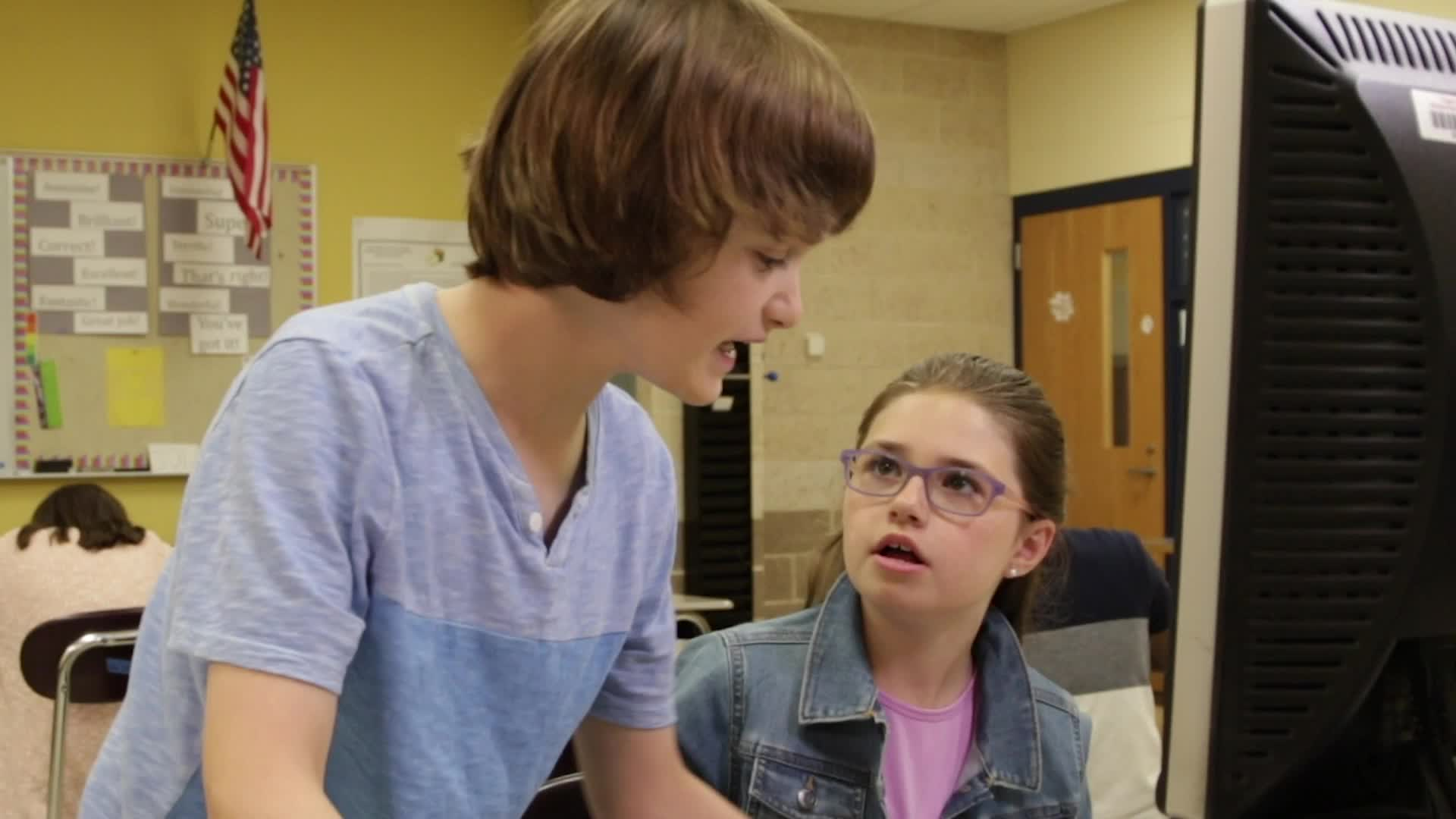
Introduction
Teaching waiting and safe hands skills to students in special education is essential to their social-emotional development. These skills help students practice patience, self-control, and respect for others’ personal space. This blog post will explore an easy-to-implement, no-prep activity, discussion questions, and related skills to support educators in teaching these valuable lessons.
No-Prep Activity: The Waiting Game
The Waiting Game is a simple activity that helps students practice waiting and safe hands skills. Begin by having students sit in a circle. Choose one student to start the game by holding a small object, such as a ball or a beanbag. The student must pass the object to the person on their right, saying, “I am waiting and using safe hands.” Each student repeats this phrase as they pass the object around the circle. The game continues until the object has been passed around the circle a predetermined number of times. If a student has difficulty waiting or using safe hands, pause the game and discuss the importance of these skills before resuming.
Discussion Questions
- How did it feel to practice waiting and using safe hands during the activity? What strategies did you use to stay calm?
- Why is it important to wait our turn and use safe hands when interacting with others?
- Can you think of a situation where you had to wait for something you wanted? How did you handle it?
- How can we support our friends and classmates in practicing waiting and safe hands skills?
- What other strategies can we use when we feel frustrated or impatient?
Related Skills
In addition to waiting and safe hands skills, there are several other social-emotional skills that can benefit students in special education. These include:
- Self-awareness: Understanding one’s emotions and recognizing the impact they have on others.
- Communication: Expressing needs, desires, and feelings effectively to peers and adults.
- Empathy: Understanding and sharing the feelings of others, leading to more supportive and caring interactions.
- Problem-solving: Identifying and resolving conflicts in a constructive manner.
- Resilience: Bouncing back from setbacks and maintaining a positive attitude during challenging situations.
Next Steps
Now that you have learned about waiting and safe hands skills, it’s time to incorporate these lessons into your classroom. To help you get started, we invite you to sign up for free samples of these and other social-emotional learning materials designed specifically for special education students. By integrating these resources into your teaching, you can create a more inclusive and supportive learning environment for all.

